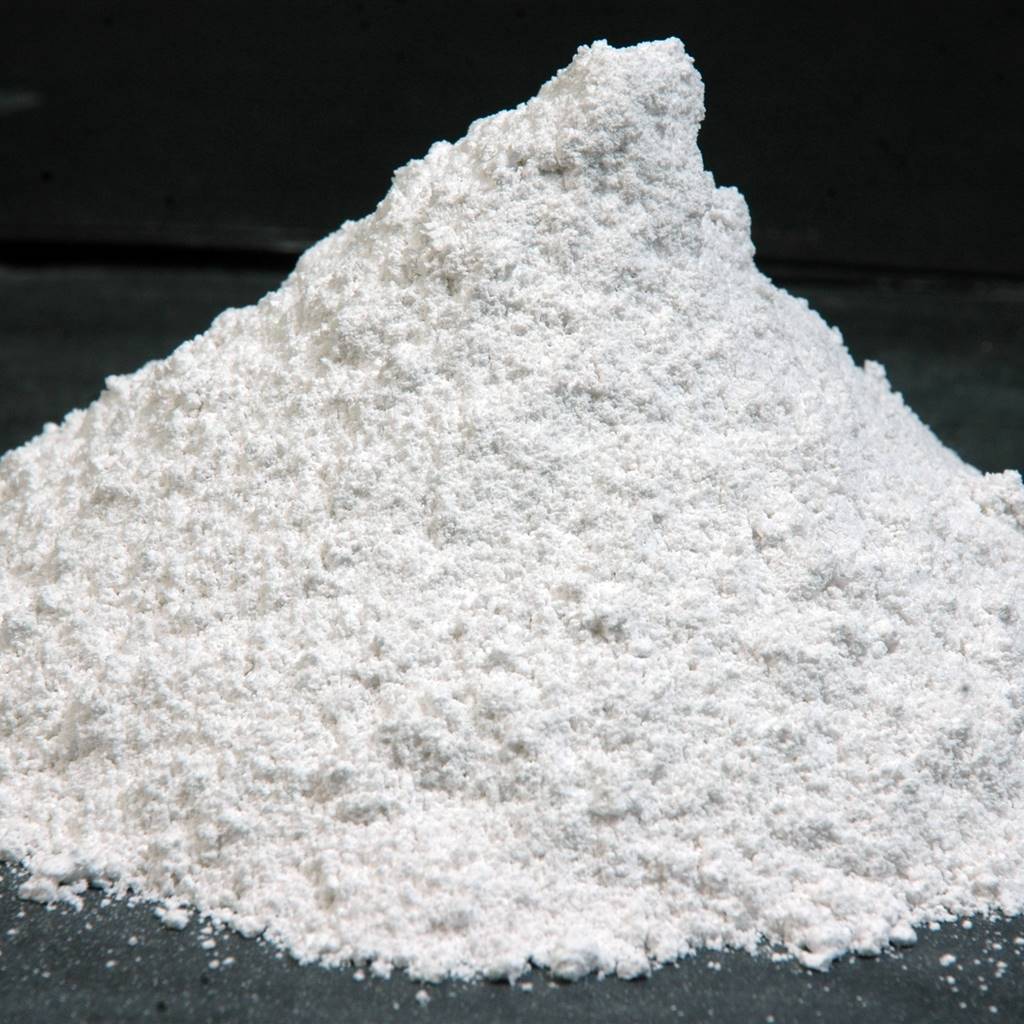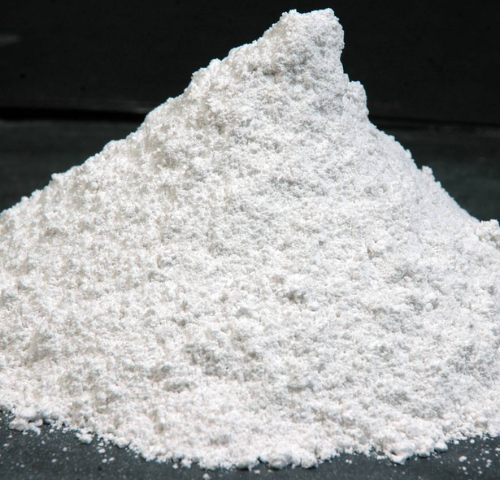How does the particle size of MCC affect its properties?

Is Calcite Carbonate used in the field of geology and mineralogy?
October 16, 2023
Can Ground Calcium Carbonate be used as a paint filler?
November 6, 2023
Micronized Calcium Carbonate (MCC) is a versatile mineral with a wide range of applications, from plastics and paints to pharmaceuticals and agriculture. One of the critical factors influencing its performance in these applications is its particle size. In this blog post, we will explore how the particle size of MCC affects its properties and why it is a crucial consideration in various industries.
Understanding Particle Size in MCC
Before we delve into the specific effects of particle size, let's define what we mean by "particle size" in the context of MCC. Particle size refers to the dimensions of individual particles that make up MCC, typically measured in micrometers (μm) or nanometers (nm). MCC is categorized into different particle size ranges, ranging from coarse to fine, with the specific range often tailored to meet the requirements of different industries.
Effects of Particle Size on MCC Properties
Being experienced Micronized Calcium Carbonate Manufacturers we know that the particle size of MCC can significantly impact its properties and performance across various applications. Let's take a closer look at how particle size influences MCC properties:
Surface Area and Dispersion:
Smaller Particle Size: Finer MCC particles have a larger surface area per unit volume. This increased surface area enhances the dispersibility and distribution of MCC within a matrix, whether it's a plastic, paint, or pharmaceutical formulation. This is particularly important in applications where uniform distribution is critical for performance.
Larger Particle Size: Coarser MCC particles have a comparatively smaller surface area, which may result in reduced dispersion and may require more effort to achieve homogeneity within a mixture.
Rheological Properties:
Smaller Particle Size: In applications such as paints and coatings, MCC with a smaller particle size can improve rheological properties like viscosity and flow behavior. Finer particles can provide better thixotropic properties, allowing for easy application and improved paint quality.
Larger Particle Size: Coarser MCC may lead to increased viscosity, which can be advantageous in certain formulations that require thicker consistency.
Opacity and Whiteness:
Smaller Particle Size: Fine MCC particles are often preferred in the paint and paper industries for their ability to contribute to higher opacity and whiteness. They scatter light effectively, leading to better coverage and brighter colors.
Larger Particle Size: Coarser MCC may have a slightly lower impact on opacity and whiteness but may still be suitable for applications where these properties are not the primary focus.
Mechanical Properties:
Smaller Particle Size: In the plastics industry, fine MCC particles can enhance mechanical properties such as stiffness, impact resistance, and dimensional stability. This is especially valuable when MCC is used as a filler to reinforce plastic materials.
Larger Particle Size: Coarser MCC particles may have a more limited impact on mechanical properties but can still contribute to certain desired characteristics.
Dietary Supplements and Pharmaceuticals:
Smaller Particle Size: In pharmaceutical and dietary supplement formulations, MCC with a smaller particle size is preferred for better bioavailability. Finer particles have a larger surface area for interaction with the digestive system, allowing for more efficient absorption of calcium and other nutrients.
Larger Particle Size: Coarser MCC may be used in certain pharmaceutical applications where rapid dissolution is not a primary concern.
Agricultural Applications:
Smaller Particle Size: Fine MCC particles can be more effective in agricultural applications, where they help neutralize soil acidity, improve soil structure, and provide essential calcium to plants.
Larger Particle Size: Coarser MCC may still have benefits in agriculture but might take longer to achieve desired results.
Conclusion
In summary, the particle size of Micronized Calcium Carbonate (MCC) plays a pivotal role in determining its properties and suitability for various applications. Smaller particle sizes generally offer advantages in terms of surface area, dispersion, and performance in industries such as plastics, paints, and pharmaceuticals. They contribute to improved mechanical properties, rheology, and opacity. On the other hand, larger particle sizes of MCC may find applications where specific characteristics, such as rapid dissolution or controlled viscosity, are required. These coarser particles can still provide valuable contributions to various formulations and industries. At Mewar Microns, we understand the importance of tailoring MCC products to meet the unique needs of different industries. Whether you require fine MCC for enhancing the performance of your paints or coarser MCC for specific agricultural applications, we offer customization options of particle sizes to cater to your requirements.

